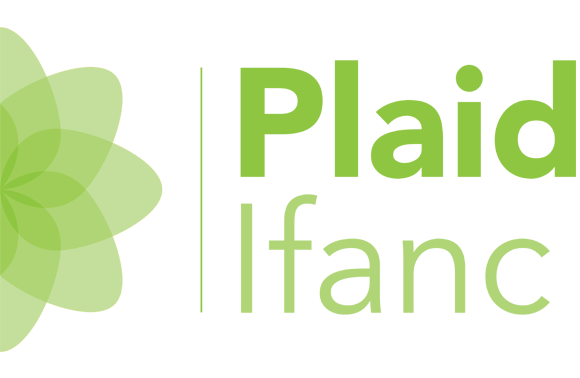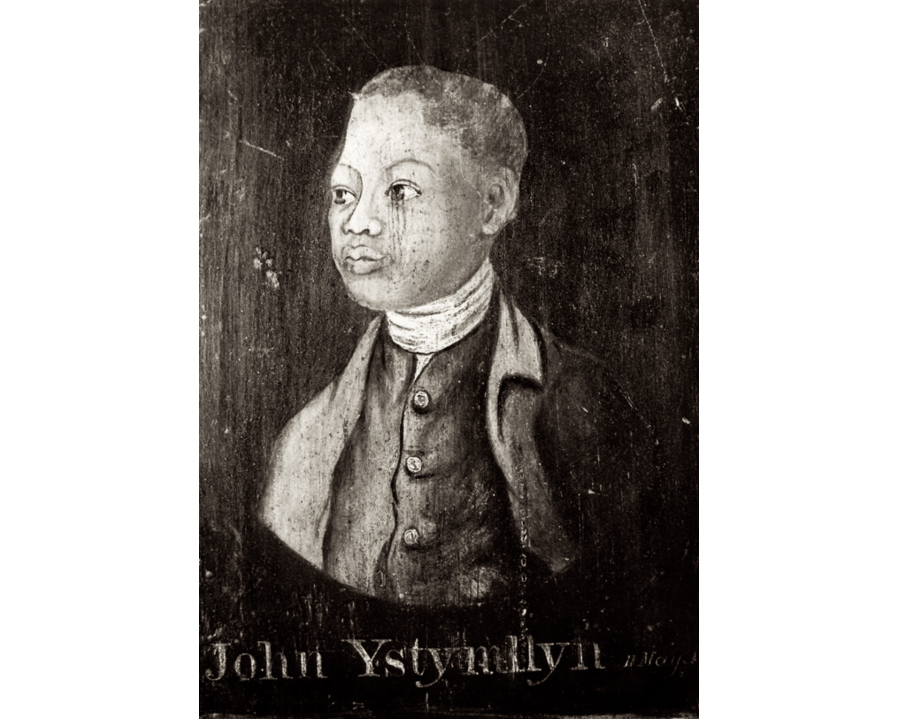Our co-chair, Fflur Arwel, reflects on the significance of Black History Month in Wales - and what might be missing from our own understanding of mainstream Welsh history.
Every October we celebrate and commemorate Black History Month in Wales.
The aim of Black History Month is to give individuals and communities throughout Wales the opportunity to recognise the contribution of black people to the economic, political and cultural history of Wales.
The organisation Black History Month Wales holds celebrations in all corners of Wales throughout the month with the aim of engaging, educating and empowering individuals, community groups and Wales-wide communities. The principal aim is to make people aware of the contribution that the African Diaspora has made to the history of Wales’ economically, politically, socially and culturally.
It’s also an opportunity for the wider community to learn and celebrate, promote and share our rich national and global history with the rest of the world.
Black history is a marginalised history. It is often overlooked and unrepresented in the mainstream telling of history and the history of Wales is, sadly, no exception.
Welsh history itself is, of course, also shamefully marginalised. A major report written by the esteemed academic Dr Elin Jones for the Welsh Government argued that pupils were being “deprived” from being taught about history from a Welsh perspective in schools – the emphasis has instead always been on a more British or Anglicised version of history.
The importance of the ability to understand, tell and re-tell and shape your own history cannot be underestimated. To know and to own your own history is not only empowering but is a fundamental aspect in the identity, culture and development of a collective.
In the case of Wales’ history we owe so much to pioneering historians such as Gwyn Alf Williams, John Davies and Deidre Beddoe – to name but a few, who dedicated their lives to passing on the untold story of Wales’ history - a history that even the people of Wales aren’t all aware of.
However, even within our current understanding of Welsh history, black history is, for the most part, still invisible.
Our history must include all characters who played a part in Wales’ story.
We need to be honest and address the part Wales played in the horrors of the trans-Atlantic slave trade. We need to talk about Penrhyn castle’s links to plantations in Jamaica, the copper works in Greenfield Valley in Holywell that produced manillas used to buy slaves, or Swansea’s Grenfell family who were deeply involved in the slave trade in El Cobre, Cuba.
Whilst we champion the Welsh individuals who moved for the eventual abolition of slavery we must also make peace and pay reparations for Wales’ own legacy and complicity in the slave trade between 1650 and 1850 – as well as the part we played in empire.
By accepting and understanding own hybridity as both colonised and coloniser we can begin to move forward as a country.
We need to tell the other untold stories of Black Welsh history.
The first wave of the Somali and Yemeni merchant seamen who, after the opening of the Suez Canal in the 1860s, transported Welsh coal around the world before settling in the Welsh ports of Barry, Cardiff, and Newport - contributing significantly to the historical, social and economic development of Wales for over 100 years.
The miners from the Caribbean working in the coal pits of the Valleys.
The incredible contribution of the Windrush generation – those passengers who boarded the SS Empire Windrush from Jamaica, Trinidad and Tobago and other islands, to the UK under the false guise of new opportunities but quickly found themselves making up for post-war labour shortages in the UK. They faced racism, discrimination and hardship and yet with steel and resilience they persisted and made Wales their home.
The pioneers and campaigners – past and present.
Betty Campbell, the first black headteacher of a school in Wales who campaigned for more black history to be taught in schools.
Abdulrahim Abby Farah – the “Barry boy” and son of a Somali seaman who worked as a UN diplomat and campaigned tirelessly to free Nelson Mandela.
Elvira Gwenllian (Hinds) Payne, Wales’ first black woman councillor who was elected to the Vale of Glamorgan Council in 1972 and continued to work in political life until her death in 2007.
Eddie Parris, the first black footballer to represent Wales, born near Chepstow in 1911 after his parents moved to Wales from Jamaica.
Even Cardiff, Wales’ capital city, is one of the first – and therefore oldest, multicultural cities of its kind in the world.
There’s no question about it, black history is an integral and significant part of the history of Wales and the world, and it belongs to us all.
Black History Month Wales do incredible work in educating people in Wales about our country’s black history and the history of people of African Diaspora heritage. Through song, dance, lectures, conferences and community programmes they challenge negative perceptions and celebrate black history in Wales.
However, black history should be studied and celebrated, passed on and included in Wales’ national curriculum and beyond – all year round.
Welsh history is black history.
Black history is Welsh history.
At Race Council Cymru’s 2018 conference, Dr Abdul-Azim Ahmed of the Ethnic Youth Support Team (EYST) announced the collaborative paper published on Racism and Race in Schools: Experiences and Practices in Wales”. He rightly pointed out that “a lack of representation in the Welsh curriculum is a colonised curriculum”.
Earlier this month it was announced that the National Assembly for Wales’s Culture, Welsh Language and Communications Committee will be looking at how Welsh history and culture is taught in our schools.
When the panel begin their work I hope they consider the various histories that make up the history of Wales. I hope they consider the importance of intertwining all strands and stories – including black history, as part of the greater story of Wales that we must teach all our children.
A “community of communities”, Wales is a proud multicultural country with a long history of contributions made by immigrants and ethnic minorities. Our diverse and rich history is something to truly celebrate.
If we want Wales to become a prosperous and blossoming independent country that it needs to be - and one that will stand as an example of equality to the rest of the world, then the way we tell the history of our past must reflect our vision for the future.
As Uzo Iwobi put it, “in order for Wales as a nation to go far, it must embrace all its citizens”.





